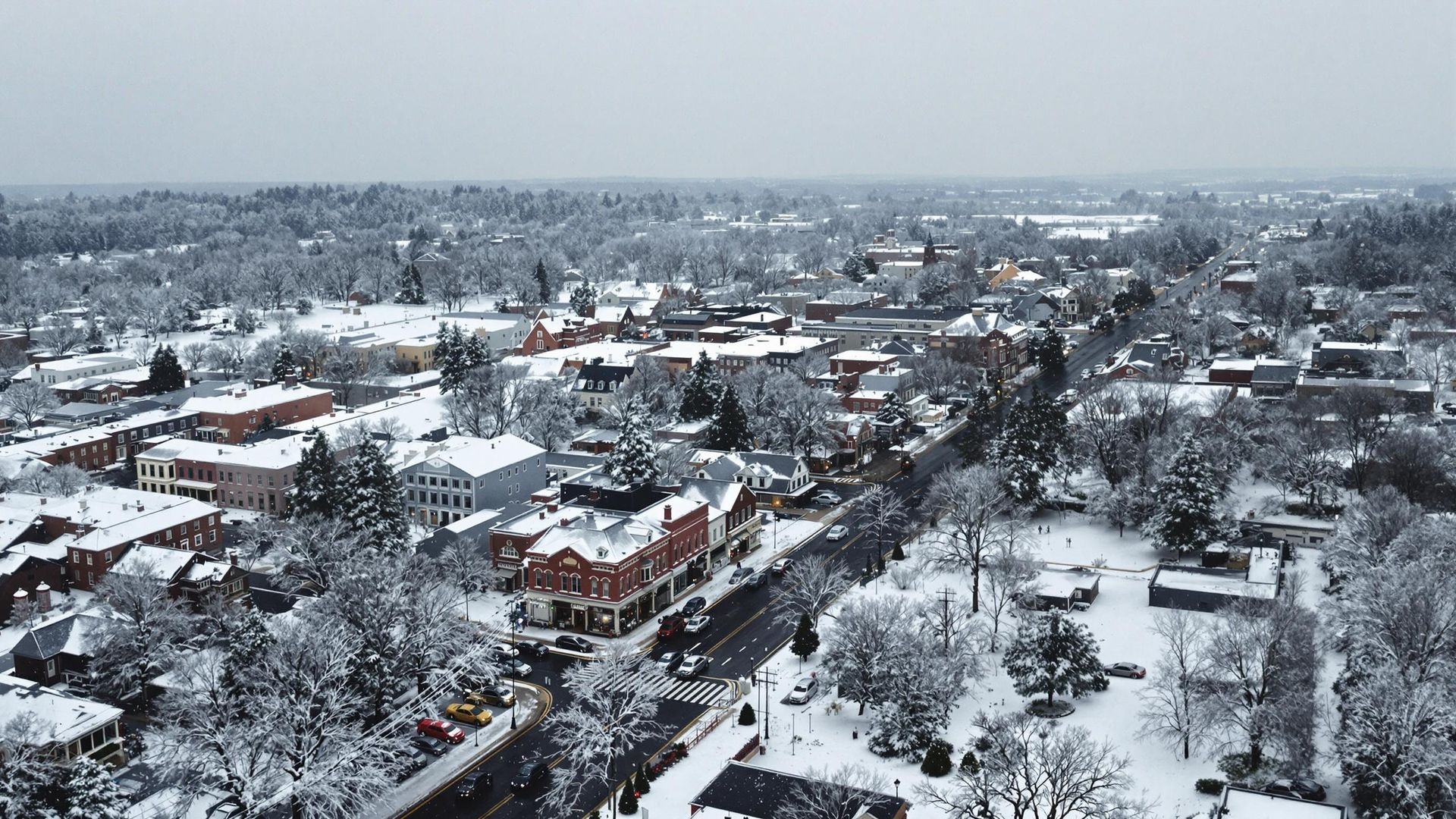Regular maintenance of your HVAC unit will greatly extend the life of your system; however, if you own your home long enough, sooner or later you will have to have the system replaced. While you probably don’t want to think about the cost of having to replace your HVAC unit, replacing a worn-out system with a newer and more efficient unit will save you as much as 20 percent on your energy bills. In this article. We’ll highlight some of the major signs you need to replace your HVAC system.
Age
The U.S. Department of Energy recommendation is to have your HVAC system replaced every 10 to 15 years. If your HVAC system is more than 12 years old, it is likely that the heat pump and/or the air conditioner are at or near the end of their lifespan. While it may seem like an unnecessary expense if the system is still functioning, a new unit will work much more efficiently in cooling and heating your home, will lower your energy bills and you won’t have to worry about the old unit breaking down at the most inopportune time. Additionally, HVAC units over 12 years old most likely use R-22, an outdated coolant known to be environmentally harmful.
In most cases, keeping up with your unit’s maintenance will circumvent some of these issues. Talk to your HVAC provider to see the best solution for your home.
Temperature Fluctuations
If some areas of your home are constantly hotter or colder than others or the unit won’t maintain a normal temperature, it may be an indication that there is a leak in the unit. This type of issue often occurs in systems that have seen many years of service.
Frequent Repairs
If your system is constantly breaking down, it is a good sign your system is worn out. In this case, you are usually just throwing money away on every repair call, money that would be better spent on a new system. Additionally, if you are looking at a repair bill that will be more than 50 percent of the cost of a new unit, it is typically a smarter choice to have the system replaced.
Continually Rising Energy Bills
Poorly functioning HVAC systems will continue to use more and more electricity as the unit becomes less and less efficient. This is due to the fact that the system must run more to keep your home at the same temperature.
Unusual Noises or Smells
A properly functioning HVAC unit should operate will little to no noise or odors. Bad smells, such as a burning order, may be an indication that something is worn out. Loud grinding or screechy noises, especially when the unit starts up or shuts down, is typically an indication that a major repair is needed.
Poor Air Quality
One of the HVAC most important, but typically overlooked, jobs is to clean the air in your home. If you begin noticing more dust in the air, increased humidity levels or odor, then it is time to have your HVAC unit checked.
Programmable Thermostats
If you don’t already have one installed, you may want to consider installing a programmable thermostat when the time comes to upgrade to a new HVAC system. A programmable thermostat is highly energy efficient as it can be set to adjust the temperature in various areas of your home and turn the unit on and off automatically.
If you are experiencing any of these signs, it may be time to replace your HVAC unit. If you don’t already have an HVAC contractor you know and trust, ask your family, friends, and coworkers who they use and what their experience with the contractor has been. Do some research online so you understand your options and be sure to get at least two estimates before you pull the trigger.
Contact Hammock’s AC
If you have any questions about the signs you need to replace your HVAC, call Hammock’s AC to speak with one of our seasoned technicians. We can inform, inspect, or repair any cooling or heating system in most cases quickly. These are just a few examples of frequently asked questions about replacing HVAC. To find out more, please contact us to see learn more about what to expect when replacing your HVAC.






